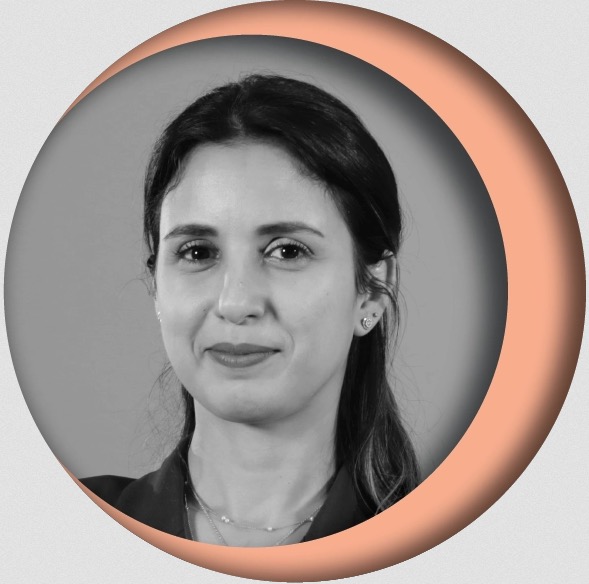The additional costs of renting a property in Dubai | Renters Guide
Once you’ve located a property which ticks all the boxes, it’s time to reserve the home by putting down a security deposit. Upon signing your tenancy contract, you’ll also need to provide your post-dated cheques for rental repayments.
However, coming up with your first rental installment is not all you need to budget for. Here are the additional costs associated with renting a property in Dubai.
Additional costs associated with renting in Dubai
| Security Deposit | 5% of the annual rent |
| Agency Fees | Between 2-5% of annual rent |
| DEWA Fees | Apartments AED 2,000 (refund on leaving) AED 110 (non-refundable connection fee)Villa AED 4,000 (refund on leaving) AED 300 (non-refundable connection fee) |
| Housing Fees (Dubai Municipality Fee) |
5% of annual rent paid in 12 parts, added to DEWA bills |
| Ejari Fees | Approximately AED 220 |
| Chiller Fees | Comprised of [Consumption Charge + Demand Charge + Fuel Surcharge] |
Security deposit
5% of annual rent for unfurnished property
5% of annual rent for furnished property
To secure a property, you are required to pay a refundable deposit to the landlord. If you are using a real estate agent, they will hold on to this amount until the deal is finalised.
This amount is refundable and collected as security against any damage to the property. If you fulfil all obligations under your contract, including settling all outstanding bills at the end of the contracted term, and returning the property in the same condition as received, you will receive this entire amount back.
Agency fees
5% of annual rent for residential property
7-10% of annual rent for commercial property
Standard market practice in Dubai is if you are renting a property via a real estate agent or a brokerage firm, you must pay an extra agency fee. Enlisting the services of a professional real estate agent will ensure that your tenancy contract legally protects your rights and best interests.
DEWA charges
Security deposit (AED 2,000 for apartment, AED 4,000 for villa)
Connection cost (AED 110 for apartment, AED 300 for villa)
Administrative fee of AED 30
Connection and admin fee of AED 230
It is essential to factor in the upfront costs of connecting your utilities with the Dubai Electricity and Water Authority (DEWA). The security deposit is refundable upon vacating the property and settling your final bill.
Housing fee
5% of annual rent collected in 12 installments
Many properties in Dubai have a housing fee component built into their DEWA bill. If your property is one of these, you will pay an additional 5% of annual rent as a fee to DEWA, added to your bill each month.
Ejari fees
AED 220 at a typing centre
AED 172 via the mobile app
To be legally binding, all Tenancy Contracts must be registered with the Ejari system, a contract registration platform administered by the Dubai Land Department (DLD) to authenticate rental contracts and agreements between tenants and landlords.
Chiller fees
Consumption Charge; based on meter reading (to review current fees, the following this link may be helpful)
Demand Charge; a recurring annual charge billed and paid monthly in advance (to review current fees, the following link may be helpful)
Fuel Surcharge; due to increases in global fuel prices, a fuel surcharge will be included in your bill. DEWA will calculate this charge on a transparent basis and it will be passed on in your monthly bill
District cooling deposits and connection fees vary according to the provider and size of the property.
District cooling, chiller, or air conditioning, is an essential requirement given the climate in Dubai. Emicool and Empower are the main providers.
It is essential to find out whether the property includes free district cooling or chiller, meaning you only need to pay your actual consumption (consumption charge) of electricity to DEWA, with the remainder fees the responsibility of the landlord. Often, when you browse property listings, you will see ‘chiller free’ included in the description. This means that the landlord is willing to absorb the chiller fee and not pass this on. However, many landlords pass this expense to tenants via the lease contract clause, so it is important to read and understand the tenancy agreement and who is liable to pay for what, before signing.
If there is an individual chiller meter installed in your property, you are liable to pay for your consumption based on the meter reading, charged at AED 0.568 fils per RT (refrigeration ton) per hour. You are also responsible to pay the demand charge and fuel surcharge.
Given the amount of new communities in Dubai, your property may not yet be included in the district cooling system. You should ensure a clause is written in to your tenancy contract which specifically outlines who is responsible for chiller fees, as well as any unknown chiller fees that may arise during the tenancy period.
Chiller service providers will also charge an account opening fee and security deposit which will depend on the number of bedrooms in the property.
Other possible fees
Penalties for returned cheques
In some cases, cheques may be returned either for insufficient funds, or due to a signature mismatch. Depending on the clause in your contract, you could be charged a penalty fee for this also. Considering there is no specific law relating to returned cheques you should ensure any mention of a penalty for this occurrence in your tenancy contract is something you are comfortable with.
Source: http://bit.ly/32q5d9y


